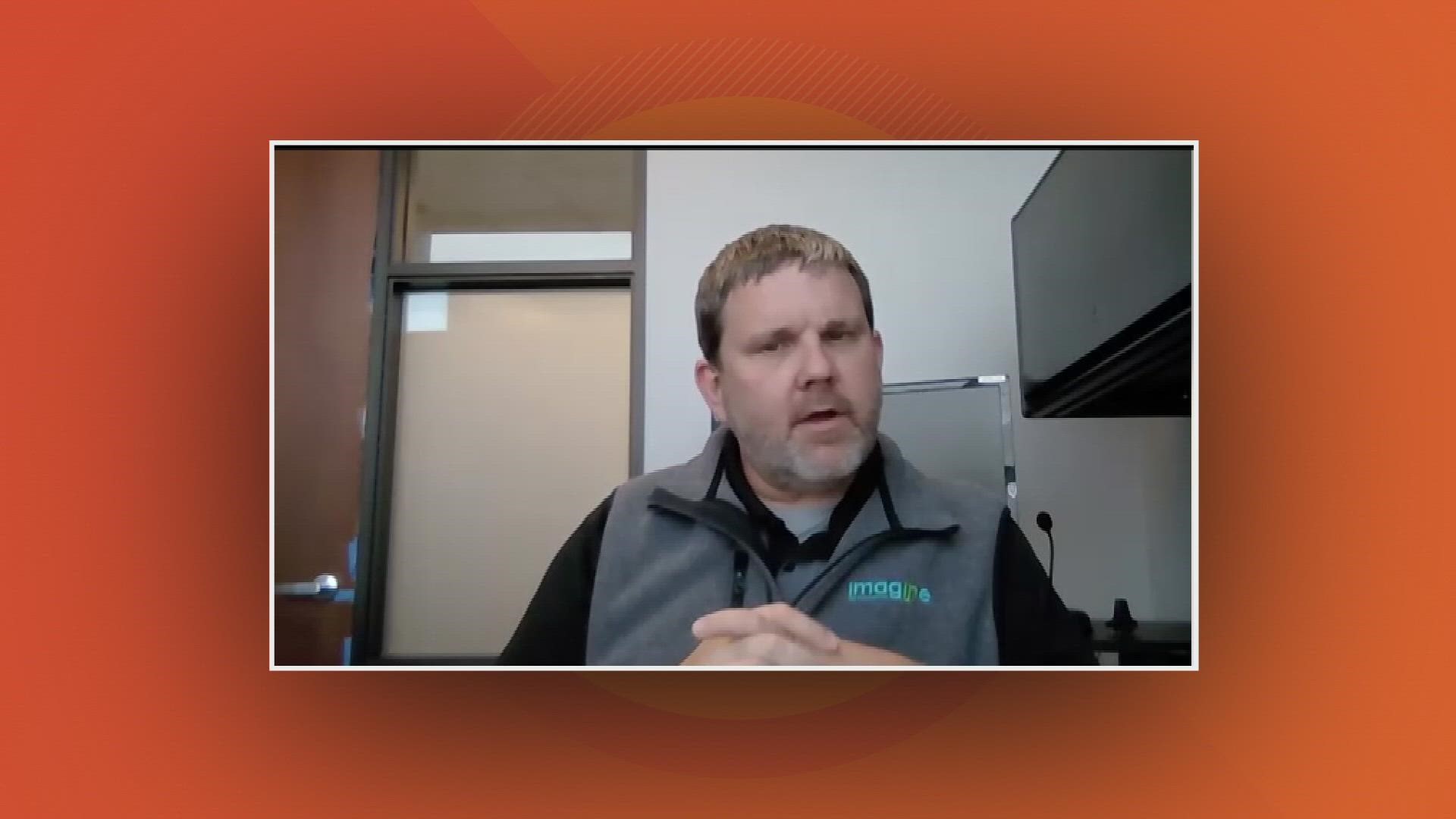BOISE, Idaho — The holiday season brings out more get-togethers and celebrations with family and friends. It’s a happy time for many, but it can be hard for those dealing with mental health and addiction issues.
"Make no mistake about it, mental health and substance abuse are disease states," said Northpoint Recovery's Advanced Practice Provider, Todd Salzsieder PA-C, M. Ed. "It’s important to recognize that and treat them as such as opposed to some sort of weakness of personality.”
Salzsieder said social events like an office party or a large family gathering can trigger people with social anxiety, which oftentimes leads them to alcohol or another substance in order to cope.
However, as the holiday season could be a trigger for some, Salzsieder explained to KTVB it could also be an opportunity for others to help like noticing and acknowledging certain habits.
“There could be a variety of things," Salzsieder said. "Oftentimes, alcoholism has progressed into a pretty severe form where they’re not openly drinking in front of other people. There are certainly people who drink so much openly, it’s obviously an issue but for some people, it progresses into more of a private disease.”
Salzsieder explained a few signs to take note of: someone that's more intoxicated than they should be after having one or two drinks, someone escaping to isolated spaces and coming back more intoxicated than they once were, or someone who just tends to spend more time alone at group functions.
"Just general signs of anxiety and depression," Salzsieder said. "If they look like they are overwhelmed emotionally but seem to constantly have a new drink and become calmer throughout the evening, they’re probably drinking to manage that emotion.”
To be able to have a conversation with a friend or family member that exhibits these types of behaviors, Salzsieder said it depends on your relationship level.
“When people have diseases of mental health and diseases of addiction, they want others to not notice it," Salzsieder said. "They have spent time trying to make others not notice it. So, if you notice and don’t have a close relationship, they make take offense or get very defensive.”
If that is the case, Salzsieder advises them to reach out to their close friend or relative. However, if there is no such person in their life, Salzsieder said to try and connect with a group of people who also care about them to do a form of intervention.
"It’s very important that you always approach it not as a, ‘You, you, you are doing this and you shouldn’t be doing this,’ but as, ‘Look, we all care about you,' or, 'I care about you very much. It concerns me what I’m seeing and I just want to make sure you’re okay,'" Salzsieder said.
While this may be an issue someone feels they need to take care of right away, Salzsieder said the holiday or a holiday party may not be the appropriate time to confront them. He suggests bringing it up in an organic setting, like at a coffee or lunch.
“I wouldn’t feel super pressured to address it immediately, right on the spot unless it’s something that is obviously blatantly dangerous like they’re intoxicated and they’re going to get in a car and drive," Salzsieder added.
He notes it's important to engage with people who are suffering from these mental health issues, like inviting them to holiday parties.
If someone who is struggling with alcoholism is coming to a holiday party, Salzsieder said to adjust the party. He advises to keep drinks in another room or not have alcohol at all. The same goes for those with social anxiety, his suggestion would be to have a smaller get-together so they don’t feel overwhelmed.
“Sometimes there’s a fear that if we invite our uncle who is in recovery for alcoholism or our cousin who has social anxiety that we’re causing them more distress and we’re going to cause them to feel overwhelmed when the exact opposite of that is true," Salzsieder said.
One of the most helpful tools for people to get better is engaging with others who care about them, according to Salzsieder.
“People care about you a lot more than you probably think they do and they are willing to help you find that help," Salzsieder said.
People can learn more about mental health and addiction resources at Northpointrecovery.com
Watch more Local News:
See the latest news from around the Treasure Valley and the Gem State in our YouTube playlist:

